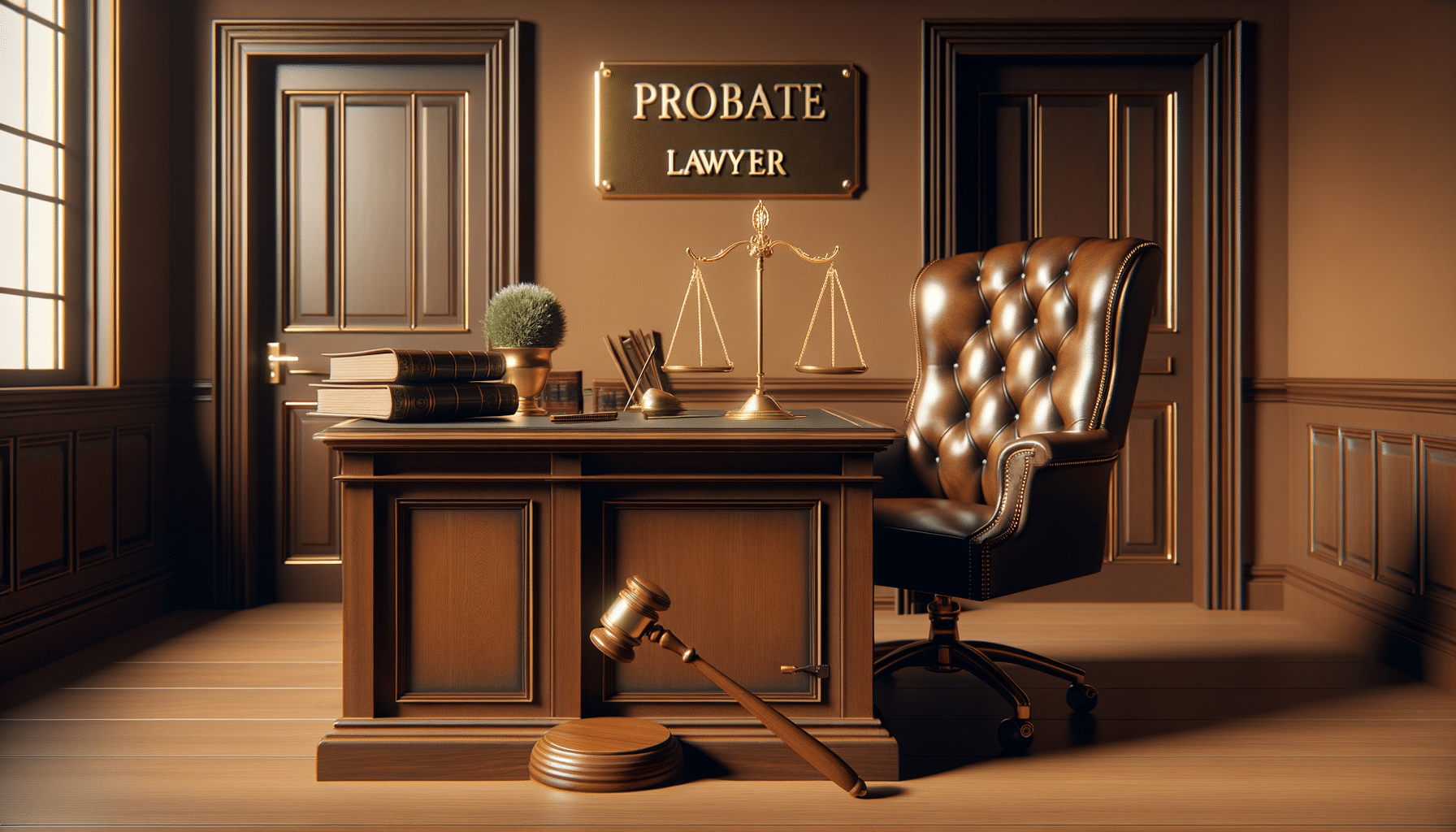
Probate Lawyer Guide: Navigating Inheritance & Will Questions
Understanding the Role of a Probate Lawyer
Probate lawyers are legal professionals who specialize in guiding individuals through the complex process of probate, which is the legal procedure of administering a deceased person’s estate. Their expertise is crucial in ensuring that the deceased’s assets are distributed according to their will or, in the absence of a will, in accordance with state laws. These lawyers provide invaluable assistance by handling paperwork, representing clients in court, and offering advice on legal matters related to estate management.
One of the primary roles of a probate lawyer is to help executors of the will understand their duties. Executors are responsible for managing the estate, which includes paying off debts, distributing assets to beneficiaries, and ensuring all legal requirements are met. A probate lawyer can help executors navigate these responsibilities, reducing the risk of legal complications.
Additionally, probate lawyers can assist in situations where there are disputes among beneficiaries or challenges to the will. They provide representation in court to resolve these issues, ensuring that the process is as smooth and fair as possible. By understanding the intricacies of probate law, these lawyers help protect the interests of all parties involved.
When Do You Need a Probate Lawyer?
Deciding whether to hire a probate lawyer depends on several factors, including the complexity of the estate and the presence of a will. For straightforward estates with a clear will, the probate process may be relatively simple, and executors might manage without legal assistance. However, in more complex cases, a probate lawyer’s guidance can be essential.
Here are some scenarios where hiring a probate lawyer is advisable:
- The estate includes complex assets, such as businesses or investments, that require expert valuation and distribution.
- There are disputes among beneficiaries, or someone is contesting the will.
- The deceased had significant debts or legal obligations that need to be addressed.
- There is no will, or the will is unclear, leading to potential legal challenges.
In these situations, a probate lawyer can provide clarity and ensure that the estate is managed according to legal standards. Their expertise helps prevent costly mistakes and potential legal battles, making the process less stressful for everyone involved.
How Probate Lawyers Assist with Inheritance Issues
Inheritance issues can be emotionally and legally challenging, especially when family dynamics are involved. Probate lawyers play a crucial role in resolving these issues by offering objective advice and legal expertise. They help beneficiaries understand their rights and ensure that the distribution of assets aligns with the deceased’s wishes.
One of the key ways probate lawyers assist with inheritance issues is by interpreting the will. They ensure that the document is legally valid and that its terms are followed precisely. In cases where the will is contested, probate lawyers represent their clients in court to defend the will’s validity.
Probate lawyers also help manage tax implications related to inheritance. They provide guidance on estate taxes and help executors file necessary tax returns. By addressing these financial aspects, probate lawyers help preserve the estate’s value and ensure that beneficiaries receive their rightful shares.
Common Questions About Wills and Executors
Many people have questions about wills and the role of executors, as these are critical components of estate planning and probate. Understanding these elements can help individuals make informed decisions about their estate and ensure a smoother probate process.
One common question is, “What happens if someone dies without a will?” In such cases, the estate is considered “intestate,” and state laws determine how assets are distributed. A probate lawyer can guide families through this process and help ensure that the distribution is fair and legal.
Another frequent inquiry is about the responsibilities of an executor. Executors are tasked with managing the estate, which includes paying debts, distributing assets, and ensuring that all legal obligations are met. A probate lawyer can provide executors with the necessary tools and knowledge to fulfill these duties effectively.
Lastly, individuals often wonder about the timeline for probate. The process can vary significantly depending on the complexity of the estate and any legal challenges that arise. Probate lawyers offer realistic timelines and help manage expectations, ensuring that beneficiaries are informed and prepared throughout the process.
What to Expect During the Probate Process
The probate process can seem daunting, but understanding what to expect can alleviate some of the stress associated with managing an estate. While each case is unique, there are common steps involved in probate that a probate lawyer can help navigate.
Initially, the will must be validated by the probate court. This involves proving the document’s authenticity and ensuring it meets legal requirements. Once validated, the executor is given the authority to manage the estate’s affairs.
The next step involves inventorying the estate’s assets. This includes identifying all property, investments, and debts. A probate lawyer can assist in accurately valuing these assets and ensuring that all necessary documentation is filed with the court.
Once the estate’s assets are accounted for, debts and taxes must be paid. This can be a complex process, especially if the deceased had significant financial obligations. Probate lawyers provide guidance on how to handle these matters efficiently.
Finally, the remaining assets are distributed to beneficiaries as outlined in the will or according to state laws if no will exists. Probate lawyers ensure that this distribution is conducted legally and fairly, minimizing the risk of disputes or legal challenges.


